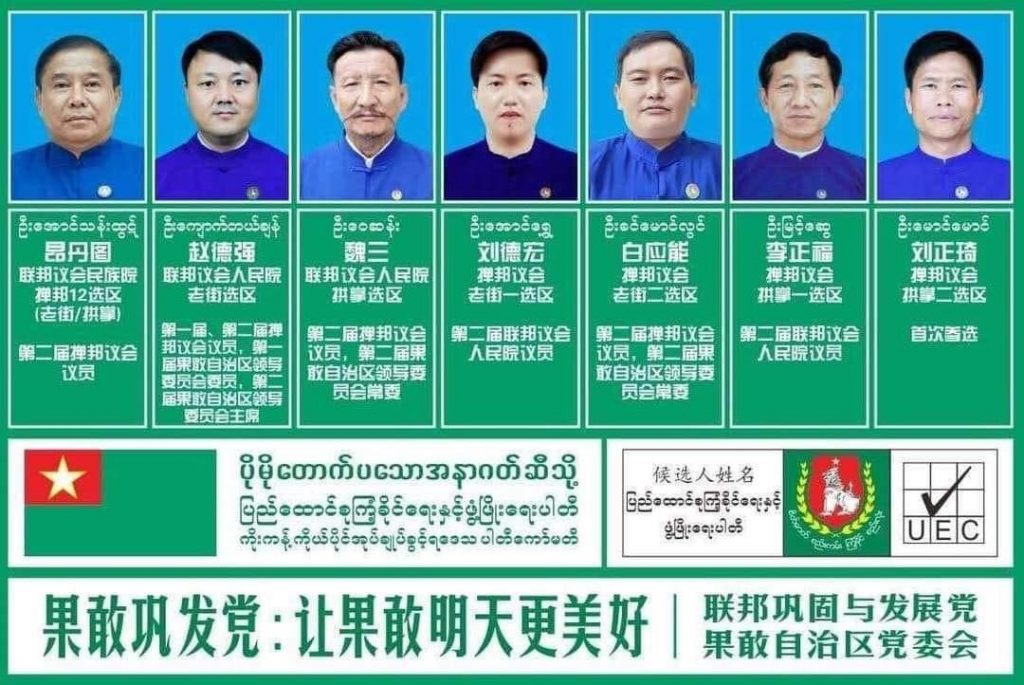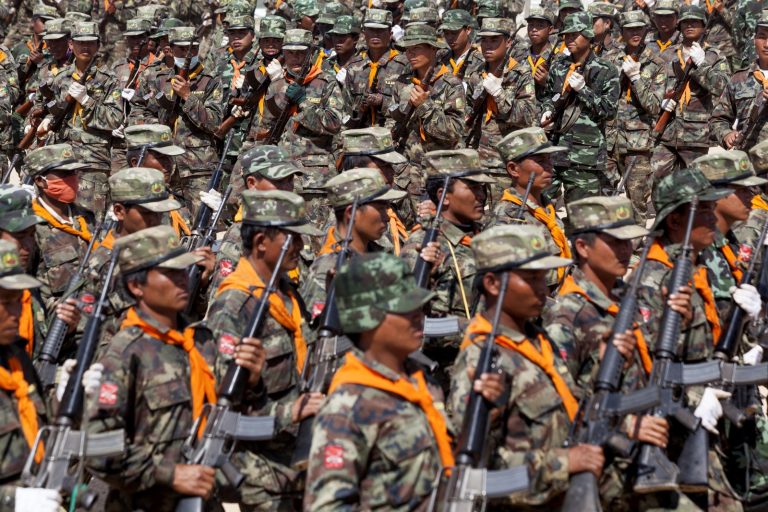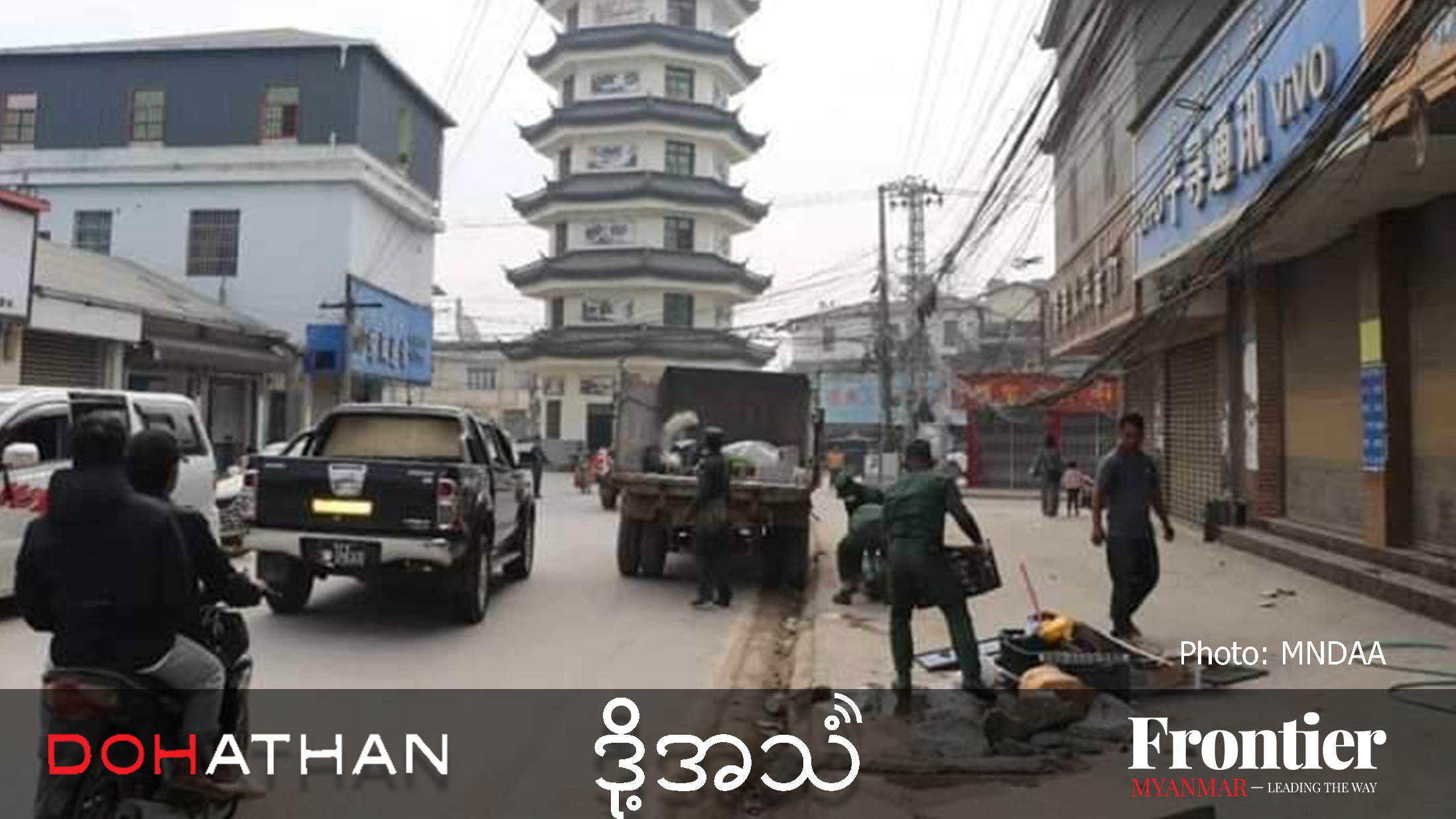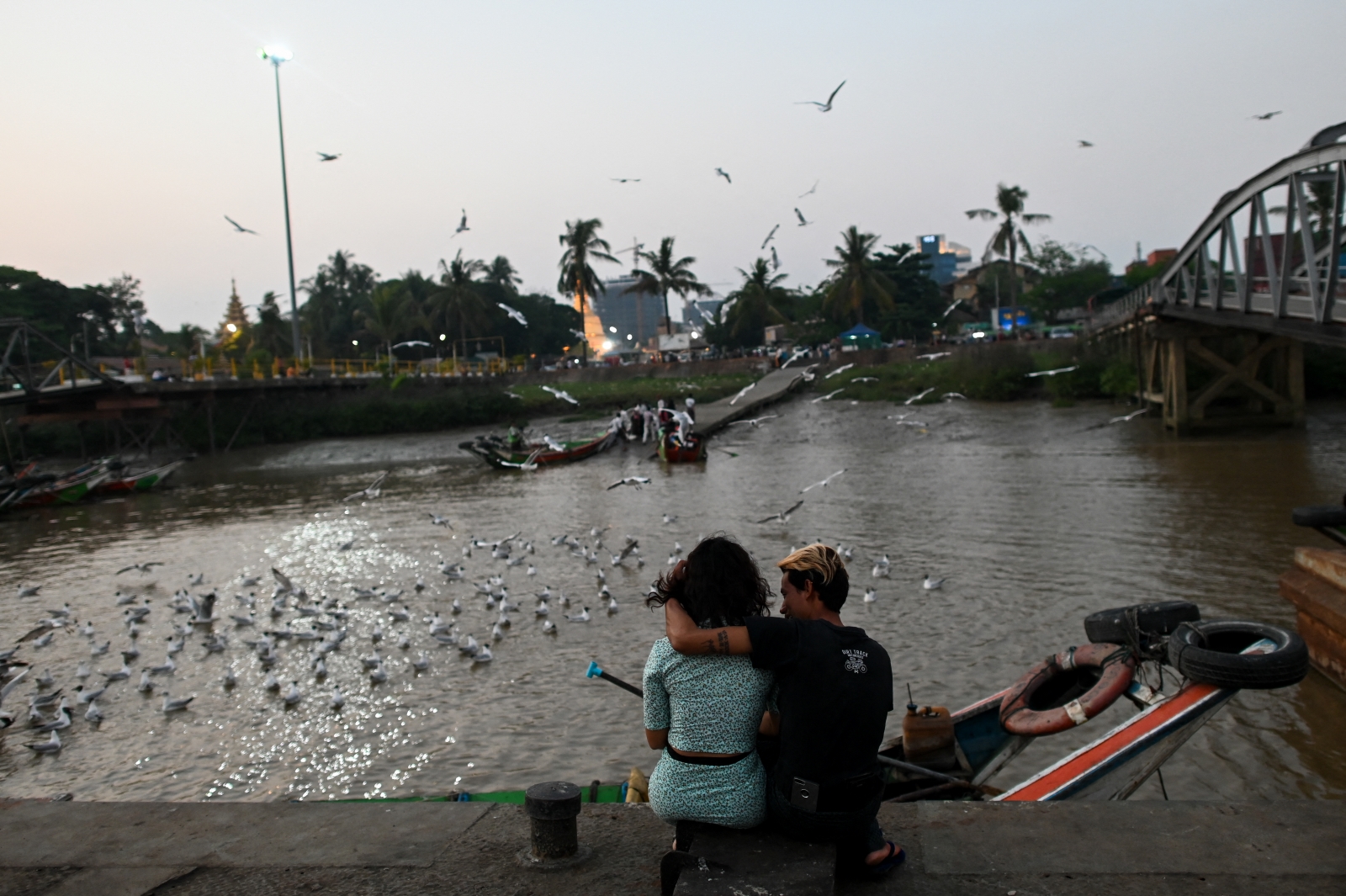The state will continue to be the country’s biggest political anomaly, with the ruling party trailing both the USDP and SNLD.
By HEIN THAR | FRONTIER
Party sources in Shan State say unofficial results indicate a similar outcome to the 2015 election, with the National League for Democracy trailing the Union Solidarity and Development Party and the state’s foremost ethnic party, the Shan Nationalities League for Democracy.
This is despite the NLD being ahead in some townships, like Lashio in northern Shan and Kengtung in eastern Shan, where it lost most or all seats five years ago, and unofficial results from across Myanmar indicating another NLD landslide victory overall.
This means that Shan, which is Myanmar’s largest state or region by landmass, will continue to be the country’s biggest political anomaly. In 2015, the USDP emerged as the largest party in the state, despite a poor showing nationally, and was able to work with the Tatmadaw to pick the speaker of the state parliament. The SNLD came second and the NLD third.
The official confirmation of results could take a while in Shan because results sheets from polling stations in poorly developed, mountainous areas of the state take time to reach township election sub-commissions, where results are formally tabulated. But the SNLD appears to be ahead in most of the 19 townships in northern Shan, which is considered the party’s stronghold. It is poised to retain its seats in Kyaukme, Hsipaw, Muse and Hseni.
In an earlier Frontier investigation into the role of conflict in the election, members of the NLD and USDP alleged that the SNLD benefits from better relations with ethnic armed groups such as the Restoration Council of Shan State, and therefore can more easily campaign in rural areas of these townships. The SNLD denies that it enjoys this advantage.
Elsewhere in northern Shan, the USDP is on top in places it won in 2015, such as Kutkai in Muse District and Laukkai and Konkyan in the Kokang Self-Administered Zone, according to Dr La Sai, the party’s secretary for northern Shan. In these areas, Tatmadaw-aligned militias wield substantial power and allegedly influence the electoral process.
However, the NLD chair for northern Shan, Sai Myint Maung, told Frontier the NLD was ahead in all seats in Lashio Township, where large rural areas are also under the influence of either ethnic armed groups or Tatmadaw-aligned militias. In 2015, the NLD only won the state hluttaw seat of Lashio-1; it’s candidate, Dr Lin Htut, was later appointed chief minister of the state. He is now on track to be re-elected to that seat, despite what many describe as an underwhelming performance as Shan’s premier.
“We got more votes from [ethnic] Shan people, especially in the villages, compared to 2015,” said Myint Maung. “We campaigned hard and [the result] shows we can make people believe in our party.”
While eastern Shan is set to largely remain a USDP stronghold, the NLD appears to have won all seats in Kengtung. The USDP swept the township in 2015, though it conceded Kengtung-2 to the NLD in a 2017 by-election.
“We’re surprised to be winning the seats that we lost in the last election,” said the NLD’s Pyithu Hluttaw candidate for Kengtung, Sai Wun. “I think people have learned that they need to vote for the party that can form government and be effective in politics.”
Meanwhile in Tachileik, on the border with Thailand in eastern Shan State, NLD Pyithu Hluttaw candidate U Wun Swan says his party is on track to keep all seats in the township, which it won in 2015.
Sai Wun predicted that the USDP would win in all other townships in eastern Shan. The SNLD earlier told Frontier it was weak in these townships, allegedly due to the heavy presence of Tatmadaw-aligned militias that push voters towards the USDP.
In southern Shan, where the playing field also includes powerful local parties like the Pa-O National Organisation, which dominates the three townships of the Pa-O Self-Administered Zone, sub-regional NLD secretary U Maung Maung Sein said the NLD is leading in Taunggyi and Kalaw townships. USDP central spokesperson Dr Nandar Hla Myint said unofficial results indicated he had lost the Pyithu Hluttaw seat of Kalaw, a popular mountain holiday town, to the incumbent, Daw Pyone Kay Thi Naing of the NLD.
NLD candidate for Kengtung Sai Wun said that, despite his party’s gains in some townships, the overall political picture in Shan was similar to five years ago.
“Although we are set to win a few more seats, I don’t think the balance of power in the state hluttaw will change much,” he said. “The USDP will still be the largest party.”
However, he noted that his party’s relatively poor performance in Shan would have little effect on the composition of the state government; the constitution allows the president to appoint the chief minister, who assembles the rest of the state cabinet.
“We will have to see how the chief minister assigned by the president performs,” Sai Wun said.







